Buying Concrete The form in which you buy concrete depends on the size and nature of your job. Concrete is normally measured in cubic yards. To determine how much you'll need, figure the volume inside your forms in cubic feet and divide by 27 (the number of cubic feet in a cubic yard). For example, a 4-in.-thick slab that covers 90 sq. ft. takes up 30 cu. ft., or just over 1 cubic yard. Projects using up to about a cubic yard can be handled with a portable cement mixer that you can rent. The proportions of cement, sand, gravel and water can vary depending on the use of the concrete. For example, thin work between 2 and 4 inches thick will require more cement whereas a higher-mass pour can afford to use more aggregate. An average 1:2:3 mix contains one part cement, two parts sand and three parts gravel. To make 1 cubic yard of concrete, you'd need seven 94-pound bags of cement, about 1/2 cubic yard of sand and just over 3/4 cubic yard of gravel. The amount of water you use depends on how wet the sand is. If it's already moist, you'll need about 4-1/2 gal. per bag of cement.

For smaller projects, you can buy premixed bags that contain cement and aggregate; you just add water. For bigger jobs, the best route to take is ready-mix concrete. In addition to the obvious advantage of having the concrete delivered, your supplier can also tailor the mix and admixtures for your job. The price of ready mixed food varies with delivery distance, mixing type and order size, so it's best to call your local dealer to find out the price. If your site is inaccessible to the truck, you may be able to have the concrete pumped through a hose. Or, you can simply carry the concrete from the truck with wheelbarrows. Finally, you may be able to avoid the pouring entirely by using finished concrete products. Concrete block is available in a variety of sizes, structural quality and surface styles for building walls that might otherwise be poured. Traditional block walls are built with mortar, but blocks designed to be laid up dry are also available. In addition, concrete pavers, bricks and small slabs are available for landscaping and walkway projects.
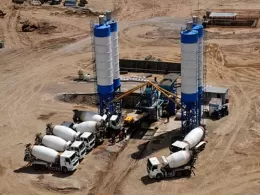
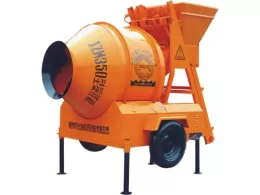
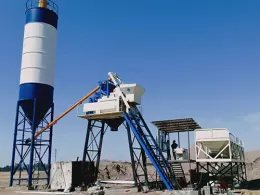

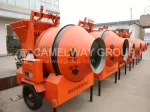
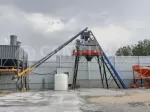
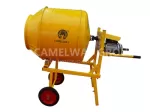
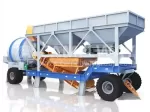
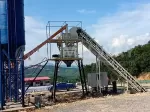
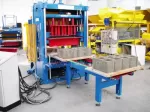
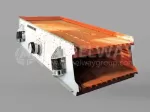
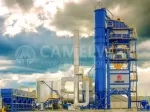
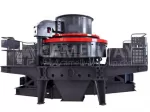
0 Comment